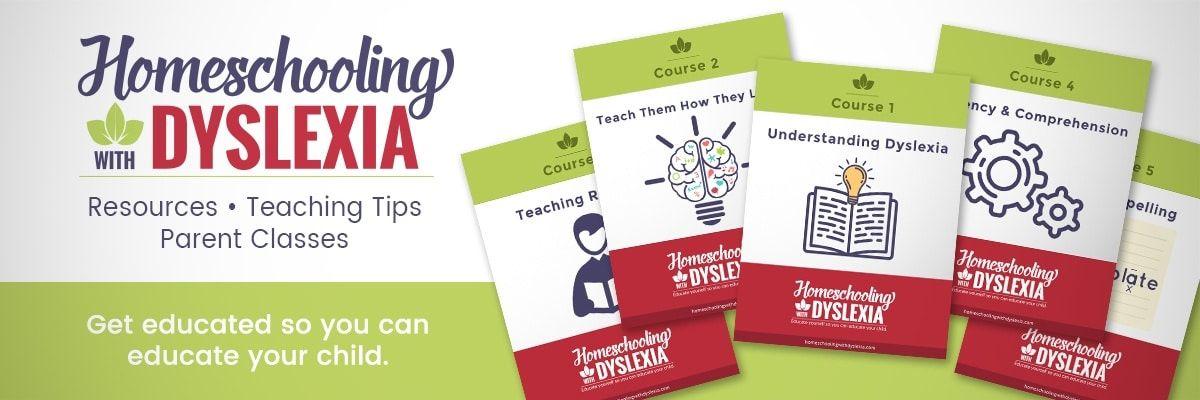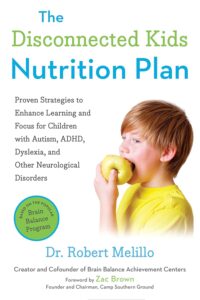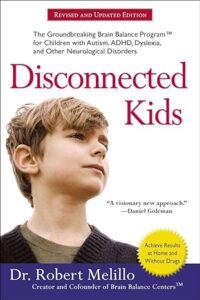Unbiased Review of Brain Balance
What I hope to accomplish here is give an unbiased review of Brain Balance. I know all too well the energy spent trying to do what is best for your child. I have spent hundreds if not thousands of hours researching things to help my children, especially my middle child, who completed the Brain Balance program in 2015. Back in 2014 when we were considering the program and saw the price tag, we did our due diligence to look into the program. It was not cheap (around $10,000) and not covered by insurance.
This post contains affiliate links through the Amazon Associates program and any purchases made through such links will help defer the costs of maintaining this website (at no extra cost to you). This is absolutely separate from the Brain Balance franchise.
Is Brain Balance a Scam?
It was frustrating to find that most people labeled Brain Balance a “scam”. Those comments did not come from other parents whose children completed the program. I wanted to hear from parents… Did they see an improvement in their child with the program? Did they think it was worth the hefty price tag? Was Brain Balance the “golden ticket” to helping their child?
Hard to find Unbiased Reviews
The few reviews I discovered from other parents revealed that most saw improvement, though some not as much as they would have liked. What I have done in this post is given an objective review of Brain Balance by laying out the benefits and drawbacks to the Brain Balance program in an unbiased fashion, as well as offer some other tips. If you are a parent or care-taker looking into the Brain Balance program for your child, I hope you find this helpful.
Some Background
My son (now 8), was diagnosed with developmental, speech and gross motor delays around the age of 2. We did see signs of delays before that, but my daughter (now age 10) was also a late walker and talker (she had an explosion of both at 18 months) and we thought that might be the norm for our children. My son didn’t crawl until 11 months, walked at 16 months, and didn’t really talk until age 3-3 ½. He had and has motor planning difficulties. Now we have an official diagnosis from a neuropsychologist of Dyspraxia, which is a brain-based condition that affects one’s ability to coordinate and plan motor tasks. (we got this diagnosis a year ago when he was 7).
We heard about Brain Balance shortly after his 4th birthday.
Much of what we heard was new to us. We had never heard of primitive reflexes. Learning how retained primitive reflexes can be the source of blockades to normal everyday functioning and cause your brain to stay in a “baby brain” type state was fascinating to us. We had heard about Brain Balance through a homeschool convention and the evaluation was actually free for anyone who had attended the convention. Due to that, we decided we had nothing to lose by doing the initial evaluation.
Following the evaluation, we learned that our son had retained 5 of the 8 primitive reflexes that Brain Balances tests for. This blew us away but also gave us hope. There was a reason things were harder for him. After doing our research, we decided to bite the bullet and immerse ourselves in the program. We emptied our HSA and college savings for the kids and made it happen. Our thought was there would not even be college in our son’s future if we didn’t remove these hurdles first.
The Nuts and Bolts of the Brain Balance Program
Our son was recommended to complete 6 months of the program(or 72 sessions). He went every Tuesday, Thursday, and Saturday and completed one hour sessions with his “coach”. We were recommended to adhere to a Gluten-Free, Dairy-Free, Soy-Free, processed sugar-free diet. We did do this and were strict about it for those 6 months.
Some supplements were recommended. The main one I remember is probiotic.
As part of the program we did his exercises at home on the days he did not have a session with his coach.
Do I recommend the program to parents considering it?
That depends on your situation.
If you have an older child who you’ve already tried a lot of interventions with, this may be a good option for you.
If money is not a problem, I would say sure, do it. You will able to accomplish a lot in a short order of time. It isn’t a magical pill though. Know that the exercises at home do take time. And the diet changes take work and preparation, not to mention an increased grocery bill and possible resistance from your child. Also, if you have a younger child, motivation could be an issue. This was one of our biggest hurdles. Getting our son to do the exercises with us at home was hard work.
If you’re thinking “How can we possibly afford this without getting a 2nd mortgage on the house!?”…
I have some suggestions of other things to try first:
1) Primitive Reflex Integration:
Find an OT (Occupational Therapist) who can help with primitive reflex integration. You will have to ask around and do your research to find an OT who will work with your child to integrate primitive reflexes. We had 3 OT’s before we have the one my son has now. His current OT takes a more integrative approach and it’s covered by insurance. If I had found her before Brain Balance, we probably would not have done it. It’s important to remember that OT’s are not all the same! Do your research!
2) Diet:
Try some diet changes at home first. Diet can be huge for some kids, especially kids with sensory issues and digestive disturbances. I will warn you this can be overwhelming to navigate. This is our favorite gluten and dairy free cookbook!
Update: There is now a nutrition plan book put out by the man who started Brain Balance. I haven’t read it, but if you’re considering the Brain Balance program it’s probably worth checking out!
3) Vision Therapy:
Look into Vision Therapy, which is sometimes covered by insurance. A huge part of Brain Balance, at least for us, was the vision exercises. As far as I know, Vision Therapy does the same type of exercises and more extensively (and under the care of an optometrist). *We are actually currently in the process of looking into Vision Therapy, as it has been recommended by our son’s OT and Neuropsychologist. **Edited to add: Go here to read about our results from vision therapy.
4) Bio-Medical Interventions:
Research bio-medical interventions. Often kiddos with developmental delays or other issues have trouble detoxing and are holding on to toxins, especially heavy metals. Looking back, I wish we had done a detox protocol BEFORE beginning Brain Balance. I think we probably would have seen a more lasting change had we done that first.
For detox, I suggest looking into and researching Advanced TRS. Please know that is also my personal sales link. If you want to learn more check out this FB Group: TRS – A Safe Heavy Metal Detox. There are other detox protocols out there as well. I’m just not familiar with them.
5) Brain Balance Home Program:
Read the book Disconnected Kids by Robert Melillo (Brain Balance’s founder) and try to implement a home program.
One big attraction of Brain Balance is that it encompasses most of the above. It does make it less overwhelming to have a “one-stop shop”.
Edited to add: Another resource worth checking out is Dianne Craft’s Brain Integration Program. You can find Dianne’s website here. Other Considerations
Brain Balance is a franchise. It is not a medical institution. They classify themselves as a learning center. The “coach” your child will be working with for each session is not a doctor or a certified therapist. They are an employee of Brain Balance. I will say, our “coach” did a great job with our son. We also met with the director (who was very knowledgeable and competent) at the beginning of our child’s six months, once in the middle, and then at the end.
If we could go back in time, would we do it again?
This question is hard to answer and to be honest, I go back and forth about this. Not that it matters because what’s done is done. However, I realize that my answer to this question may be significant to someone researching the program. Usually, I answer “yes” to this question. We did see major improvements in a six-month time frame. Most noteworthy, our son was able to integrate 4 of his 5 retained reflexes (I must point out here though, he gained his Moro reflex back). His listening comprehension when from a 3.5-year-old to a 6.5-year-old, which was HUGE.
We did feel that through the Brain Balance program we were able to get to know our child better, which is significant. However, If I could go back to the very beginning, when we first discovered all of our son’s delays at age 2 or 3, then I would have found an OT who did reflex integration and done some heavy metal detoxing.
Final Thoughts
Finally, I do not think Brain Balance is a scam, but I also do not think it is the only answer. I truly hope this unbiased review of Brain Balance is helpful to parents considering the program. If you have any questions feel free to contact me, through the contact form on my page.
Blessings to you on your journey with your child! And if you’re feeling overwhelmed, please remember this is a marathon, not a sprint.
Disclaimer: The purpose of this blog post is to give an unbiased review of Brain Balance from someone who has had a child go through it. I am not a medical professional. Any advice I give here is my own and based on personal experience.









